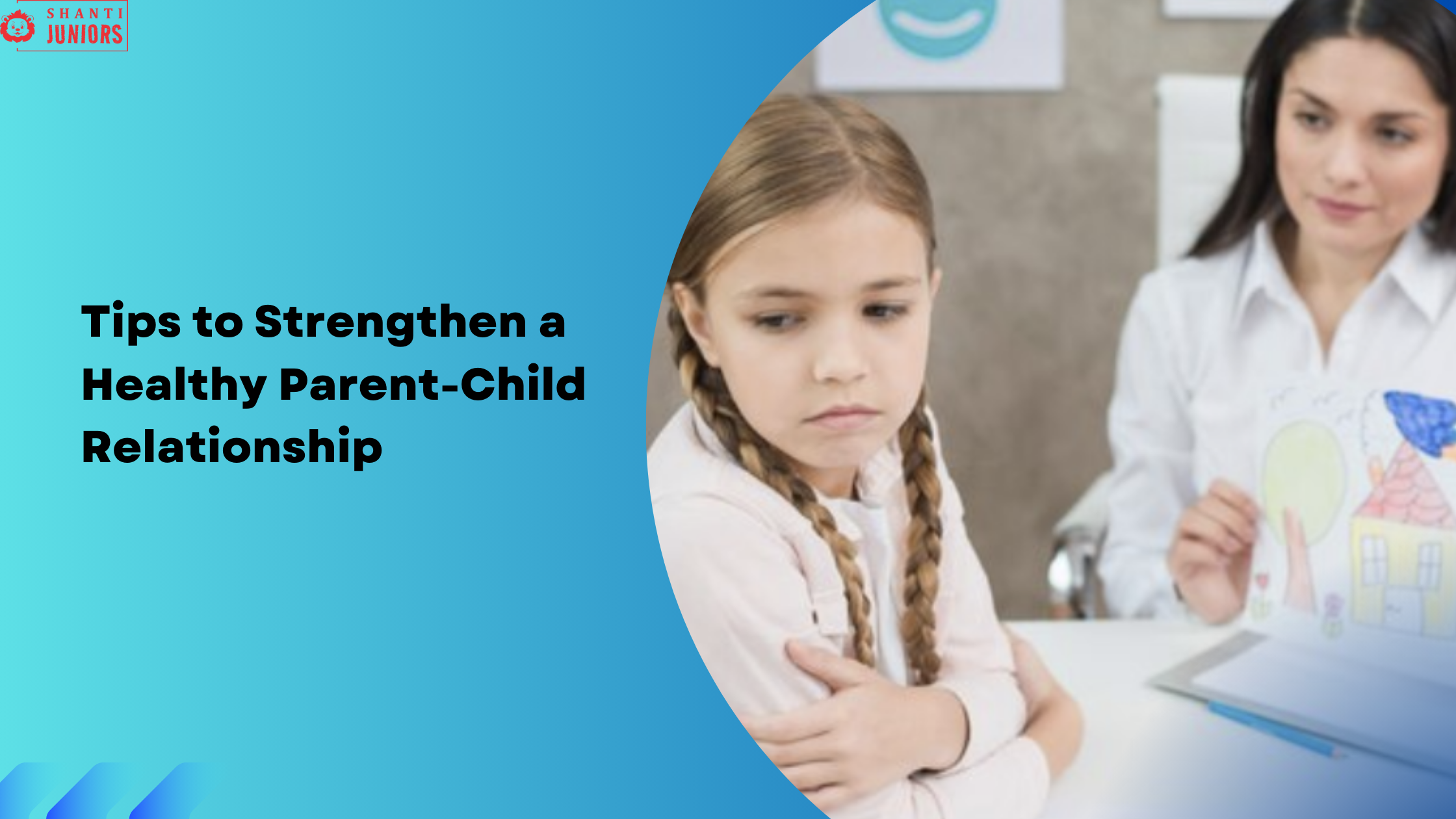

The foundation of this relationship is built on trust, communication, and mutual respect. Below are some comprehensive strategies to enhance and maintain a robust parent-child relationship.
Building a strong, healthy relationship between parents and children is fundamental to family harmony and the overall well-being of both parties. The foundation of this relationship is built on trust, communication, and mutual respect. Below are some comprehensive strategies to enhance and maintain a robust parent-child relationship.
One of the cornerstones of a healthy parent-child relationship is open and honest communication. It is essential to create an environment where children feel comfortable expressing their thoughts and emotions. Here are some practical tips:
Active listening involves paying full attention to the speaker and showing genuine interest in their message. It is crucial for parents to:
Encouraging children to express their thoughts and feelings helps them develop self-awareness and emotional intelligence. Parents should:
Spending quality time together is vital for strengthening the parent-child bond. It shows children that they are valued and loved. Here are some ways to make the most of your time together:
Engage in activities that the whole family can enjoy, such as:
Also Read: Discover the Best Preschool in Ahmedabad: Shanti Juniors Preschool
While family activities are important, spending individual time with each child is equally crucial. This helps to foster a unique bond and allows for more personalized interactions. Consider activities like:
Showing affection and appreciation reinforces a sense of security and self-worth in children. It is essential for parents to:
Children thrive in environments where there are clear expectations and consistent boundaries. This helps them understand what is acceptable behavior and what is not. Here are some strategies:
Clearly defined rules help children understand the boundaries within which they can operate. Parents should:
Consistency in enforcing rules and consequences helps children feel secure. It is important to:
Encouraging children to be independent and responsible helps them build self-confidence and prepares them for adulthood. Parents can promote independence by:
Chores teach children responsibility and the importance of contributing to the family. Parents should:
Allowing children to make decisions helps them develop critical thinking skills. Parents should:
Children learn by observing their parents. Being a positive role model is crucial in teaching them the values and behaviors you want to instill. Here are some ways to model positive behavior:
Show respect and kindness in your interactions with others. This includes:
Taking care of your own physical and mental health sets a good example for children. Parents should:
Fostering a love for learning and curiosity can strengthen the parent-child relationship by providing opportunities for shared discovery and growth. Parents can do this by:
A stimulating environment encourages children to explore and learn. Consider:
Support your child’s academic and personal interests by:
Conflict is a natural part of any relationship, but managing it constructively is key to maintaining a healthy parent-child bond. Here are some tips:
When conflicts arise, it’s important to stay calm and patient. Parents should:
Work together to find solutions to conflicts. This involves:
Positive peer relationships are important for a child’s social development. Parents can encourage healthy friendships by:
Provide opportunities for your child to interact with peers by:
Help your child develop social skills by:
In conclusion, building a strong and healthy parent-child relationship requires dedication, time, and effort. By practicing open communication, spending quality time together, showing affection, setting boundaries, fostering independence, being a positive role model, encouraging learning, managing conflict constructively, and promoting positive peer relationships, parents can create a nurturing and supportive environment that benefits both them and their children.